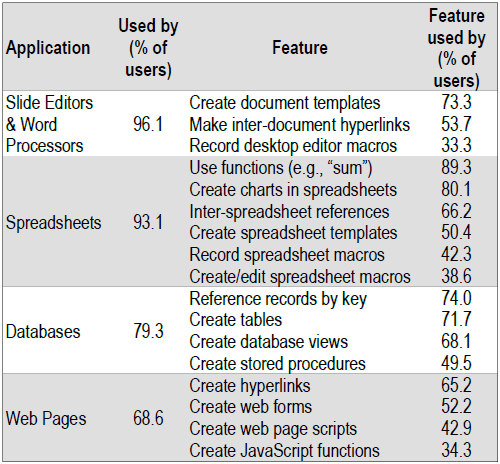Authors
Margaret Burnett & Brad Myers
Abstract
End-user software engineering (EUSE) is a research area that aims to invent new kinds of technologies that collaborate with end users to improve the quality of their software.
The practice that EUSE research aims to support is end users using new tools and methods to improve the quality of the software that they and other end users have created. There is a need for this outcome because research shows both that the number of end users creating their own software greatly exceeds the number of professional software developers, and that the software they create is riddled with errors.
In this paper, we describe the present state of EUSE, and challenges in moving forward toward a bright future. We show how the future of EUSE may become over-siloed, restricting future researchers' vision of what can be achieved. We then show that focusing on the in-the-moment intents of end-user developers can be used to derive a number of promising directions forward for EUSE researchers, and how theories can help us further desilo future EUSE research.
Finally, we discuss how overcoming challenges for the future of end-user software engineering may also bring direct benefits to the future of "classic" software engineering.
Sample

Programming-like features, in a variety of common software applications, used by at least 33% of the information workers.
Publication
2014, International Conference on Software Engineering, June
